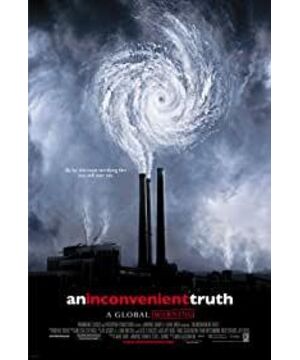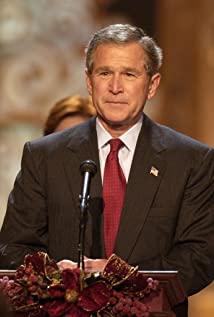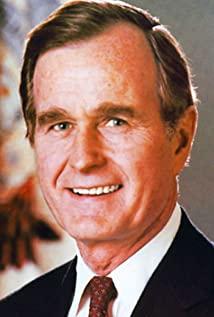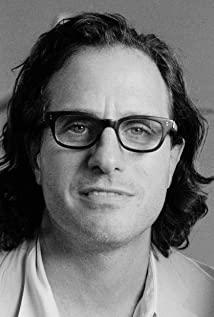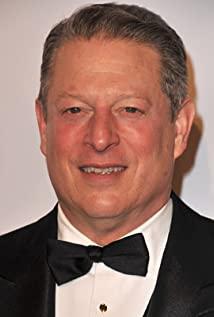The post-screening discussion focused on the following points:
1. Are there any political attempts by Gore?
2 How much does Gore's charisma play a role in the film?
3 How does the director make the boring lecture content vivid, and how important is the role of various sound and picture performance methods in it?
Some classmates said that if the same content was filmed with Discovery, the response would not be as good as this film. Gore himself is an important element, and in the film, he is almost the embodiment of the perfect politician: high moral standards, strong ability to act and persuade, just the right sense of humor - and, don't forget those two paragraphs The confession of his son's car accident and his sister's death from lung cancer—a slightly emotional personal storytelling that highlights Gore's strong sense of family responsibility, and, by extension, social responsibility.
It has to be said that, in addition to the indoor speech and outdoor activities that constitute the main body of the film, the third line - Gore's memories from childhood to fatherhood is worth pondering. These include labor and games on his father’s farm when he was a child, his sister died of lung cancer caused by smoking, his son suffered a car accident, etc. The seemingly purely personal narratives are interspersed in the indoor speech scene, not only to provide an uncontaminated view from the personal level the natural environment and environmentalists growing up (obviously, the multiple close-ups of the river on the farm cast a strong utopian overtone on Gore’s childhood), and more importantly, the audience, through the speaker’s high level of self-disclosure, is very interested in It produced a strong psychological identity, even dependence and worship, and finally accepted his views.
An Inconvenient Truth is a propaganda film. No matter how Gore claims that environmental protection is a "moral problem, but not a political problem", he should know that most of the ordinary audience who pay to go to the cinema is aimed at the "ex-American" presidential candidate". Of course, after the film ends, how much the audience's attitudes and behaviors on environmental protection have changed is another matter (I personally picked up the lunch box and discarded the disposable tableware in the cafeteria from today onwards)
As for Gore's own intentions, someone asked him if he would run for the presidency after winning the Nobel Peace Prize, and it was probably his aides who answered, which is like asking a person who has just had heart surgery when he will stop smoking.
It is already clear that Gore seems to have a better chance to shine when it comes to morality than in politics.
View more about An Inconvenient Truth reviews


